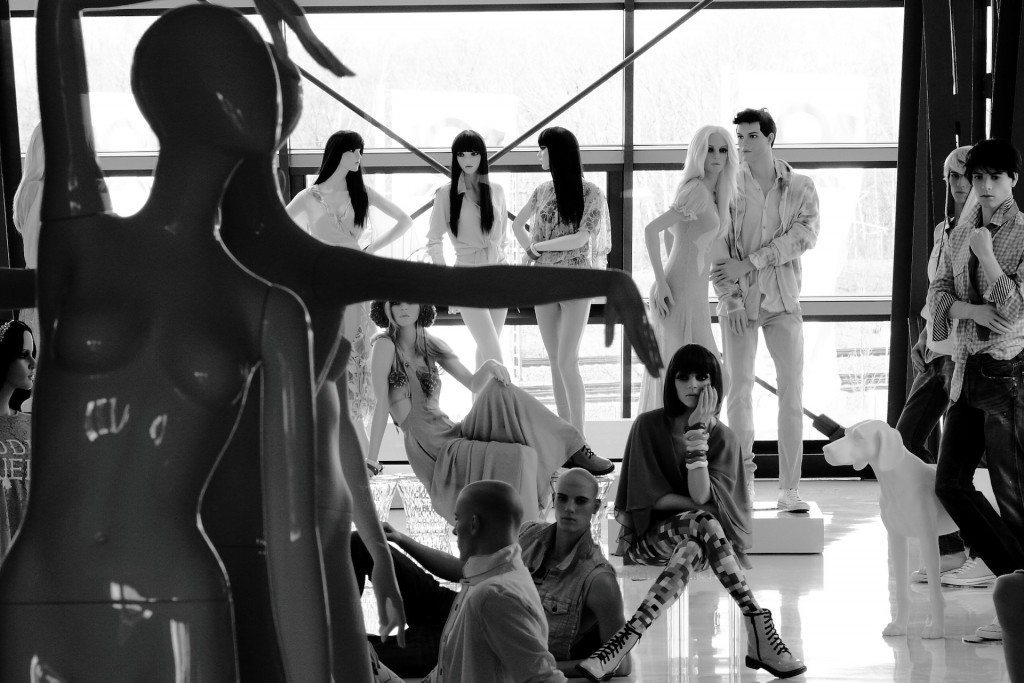I read a novel from cover to cover yesterday, which I don’t do very often in such a short time span. The premise was really good, and I was interested to see how the plot would evolve.
At nearly one o’clock in the morning, I finally put down the book (actually, I put down the Kindle) and was disappointed—not with the story itself, but with the characters.
What could have been a well-written and thoughtful novel ended up falling short of its potential because some of the characters were one-dimensional. And there was one character in particular (the protagonist’s love-interest) I thought really let the story down.
He was just…well…way too perfect.
Do you recognize any of these three signs that your own novel’s characters might be too perfect?
1. You spend a lot of time describing your characters’ good looks.
Sure, in many cases we expect the protagonist’s love-interest to be beautiful or handsome, but that’s not a license to go on and on describing a character’s perfect looks. And hearing too much about how good the protagonist looks can even make readers feel resentful or like they can’t connect with the character.
On the flip-side, sometimes an author goes to pains to assure us that said character really does have flaws, but we generally remain unconvinced by the quirks or small details that are meant to make them less-than-perfect.
There are ways to show your readers that a love-interest is attractive without going into the gory details. What’s more important than how the character looks is how the protagonist feels when he or she is around that person.
Writer Caro Clarke gives practical advice on how we can describe our characters through their actions, instead of their looks.
2. Your characters’ actions and speech seem inauthentic.
If your characters never do anything wrong, if they have the most infallible moral compasses and are always the voice of reason in any situation, they might be too perfect.
What about the way they talk? Men don’t really say things like, “Your hair looks so beautiful in this light,” or “When I look into your eyes, I see my future.” Well, at least no men I know.
Compare:
Example 1
“Your hair looks beautiful in this light,” said Tom, lightly brushing Sarah’s cheek with the side of his hand.
Sarah blushed from head to toe.
AND…
Example 2
“Did you do something to your hair?” Tom asked. “It looks different.”
“Just a trim,” she said.
“I like it. You should trim your hair every day.”
Sarah slid her hand down the back of her head and smiled.
Tom’s words and actions in Example1 are cheesy—way too perfect. Example 2 is a more realistic exchange.
Here are 5 quick tips on writing good dialogue, and more great advice on how to make dialogue work.
3. Characters just happen to be in the right place at the right time.
You know the scene: something terrible is happening to our protagonist and she’s in desperate need of help. Perhaps that perfect character could just stroll by at the right moment and come to the rescue.
Or maybe Ms. Protagonist is out on a date with Mr. Wrong and…duh duh duuuuuummmmm…Mr. Perfect (a.k.a. Mr. Right) just happens to be at the very same restaurant on a consolation date of his own. It could happen, right?
Problem is, your readers won’t buy it. They’ll know you’ve written that character into the right place at the right time because it’s convenient for your storytelling.
Nothing can happen at random in your story, and your characters can’t just be in the places you want them to be to make your job easier Even if you give characters a reason for being in such a convenient position, the situation needs to be not just possible, but plausible.
Possible simply isn’t good enough.
Are Your Characters Too Perfect?
I’m preaching to myself right now, as much as anyone else. There are definitely characters in my own novel-in-progress who need a little roughing-up of their own.
The first step in creating lifelike characters is recognizing the hallmarks of stereotypical, too-perfect ones.
Are there characters from books you’ve read that you think are too perfect? What traits make them so?
What are some of the characterization faux-pas that irritate you most?
